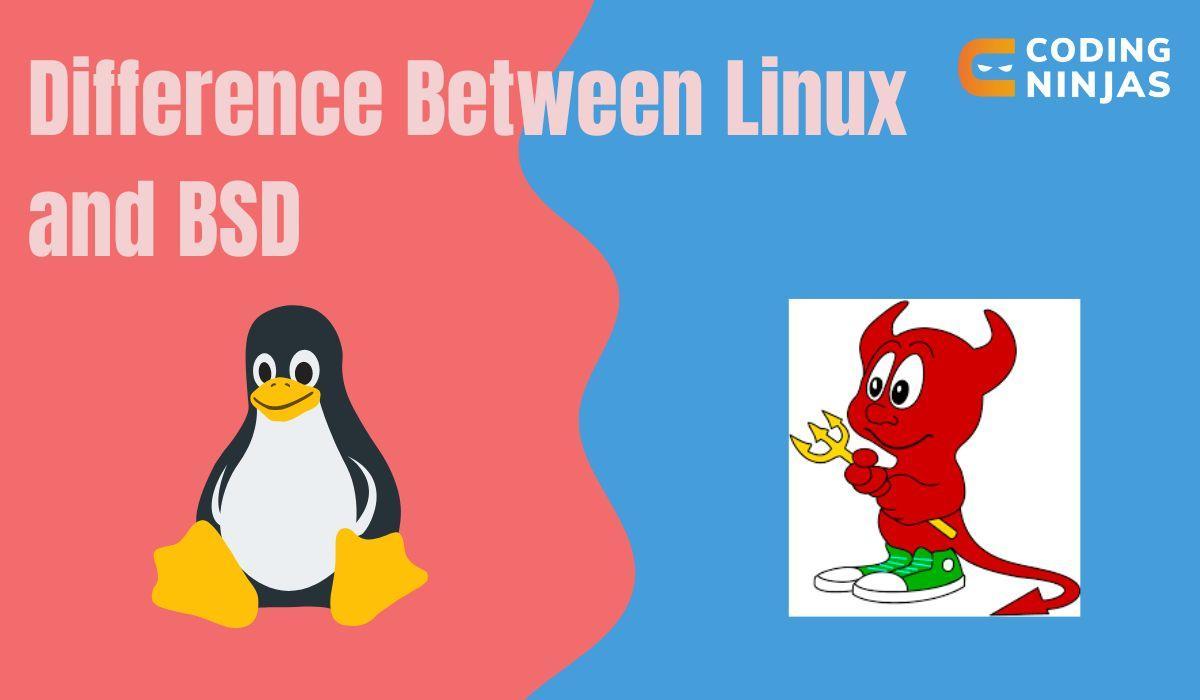Introduction
Linux and BSD (Berkeley Software Distribution) are two popular categories of open-source operating systems. Both stem from a common ancestor - Unix, yet they differ significantly in their philosophy, licensing, and usage.

This article will shed light on these differences and help you understand which system might suit your needs the best.
Linux vs BSD: A Tale of Two Systems
1. Origins and Philosophy
While both Linux and BSD are open-source and Unix-like, they diverge when it comes to their origins and philosophies. Linux is a kernel, developed by Linus Torvalds, around which different distributions (like Ubuntu, Fedora, etc.) are built. It adopts a modular approach, with each distribution tailoring the system as per its goals.
BSD, on the other hand, is a complete operating system, originally derived from the Unix operating system at the University of California, Berkeley. It is more consistent than Linux, as the entire system (kernel, system tools, libraries) is developed as a single whole by the same group.
2. Licensing
Linux uses the General Public License (GPL), which is copyleft, meaning any modifications to the source code must be made available to the public. This ensures a collaborative environment where improvements are shared.
BSD uses the BSD license, which is permissive. This means you can modify the source code and not release the changes to the public, allowing companies to incorporate BSD code into proprietary software.
3. Usage and Applications
Linux has gained widespread popularity and is used on a vast array of systems, from servers to smartphones (Android is built on the Linux kernel), to supercomputers. Its versatile nature and vibrant community make it a go-to choice for many applications.
BSD, while not as universally used as Linux, holds its own in certain areas. For example, it's the basis for many robust, enterprise-level systems, including the Darwin kernel for Apple's macOS and iOS.
4. System Management
In Linux, system management varies between distributions, from package management to system initialization. For instance, Debian uses apt, Fedora uses dnf, and Arch Linux uses pacman for package management.
In BSD, since it's developed as a complete system, system management is consistent across its variants (like FreeBSD, OpenBSD, NetBSD). They all use the same style of start-up scripts and the same package management system (pkg for binary packages or ports for compiling from source).




